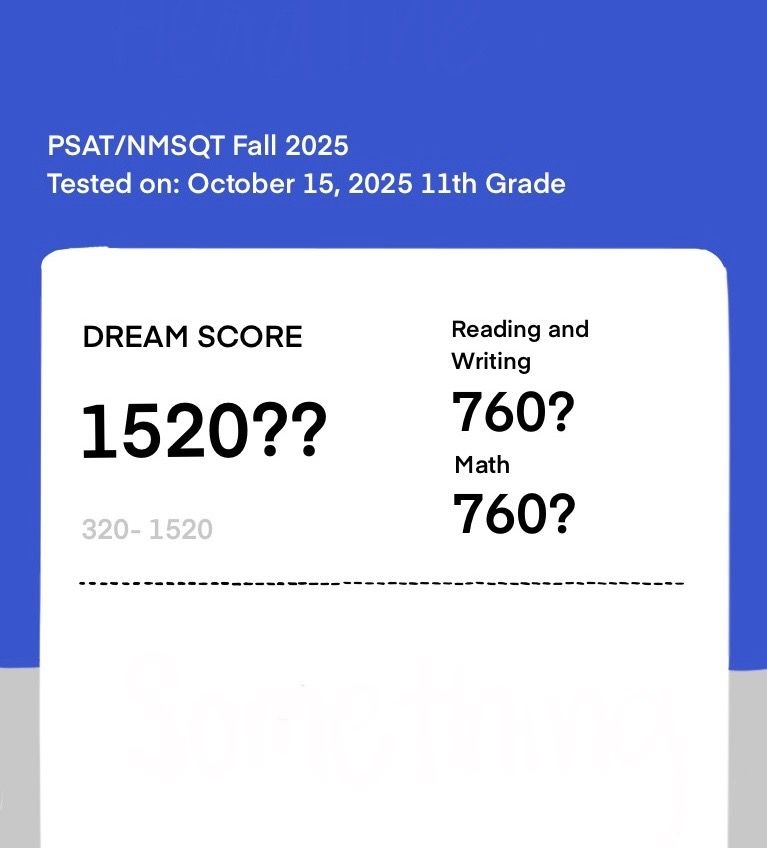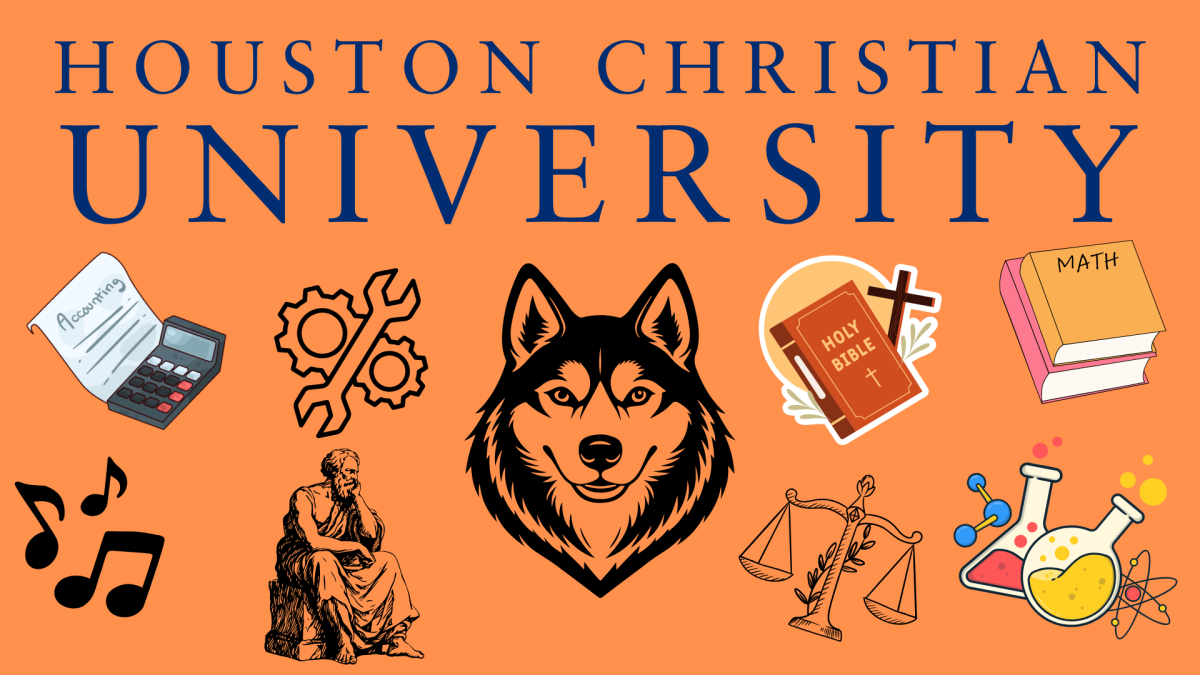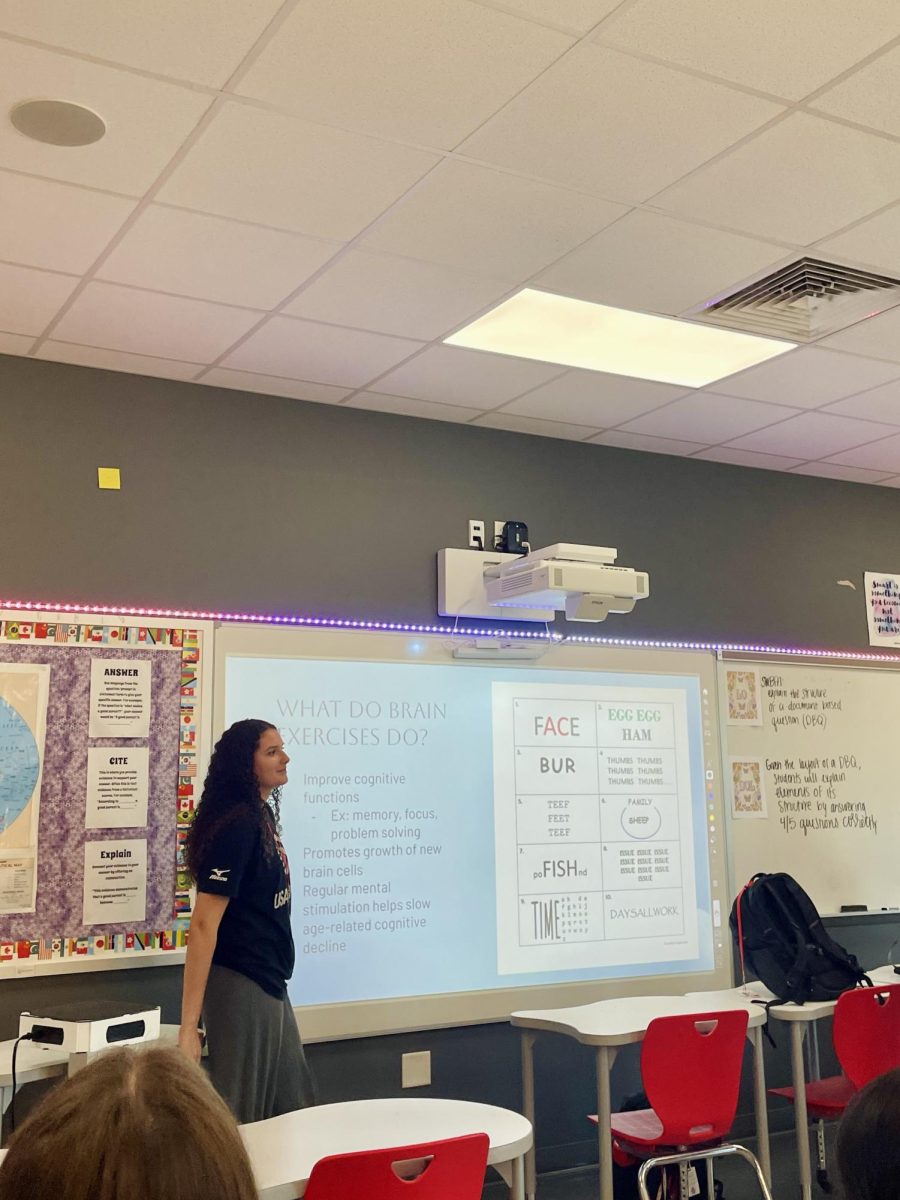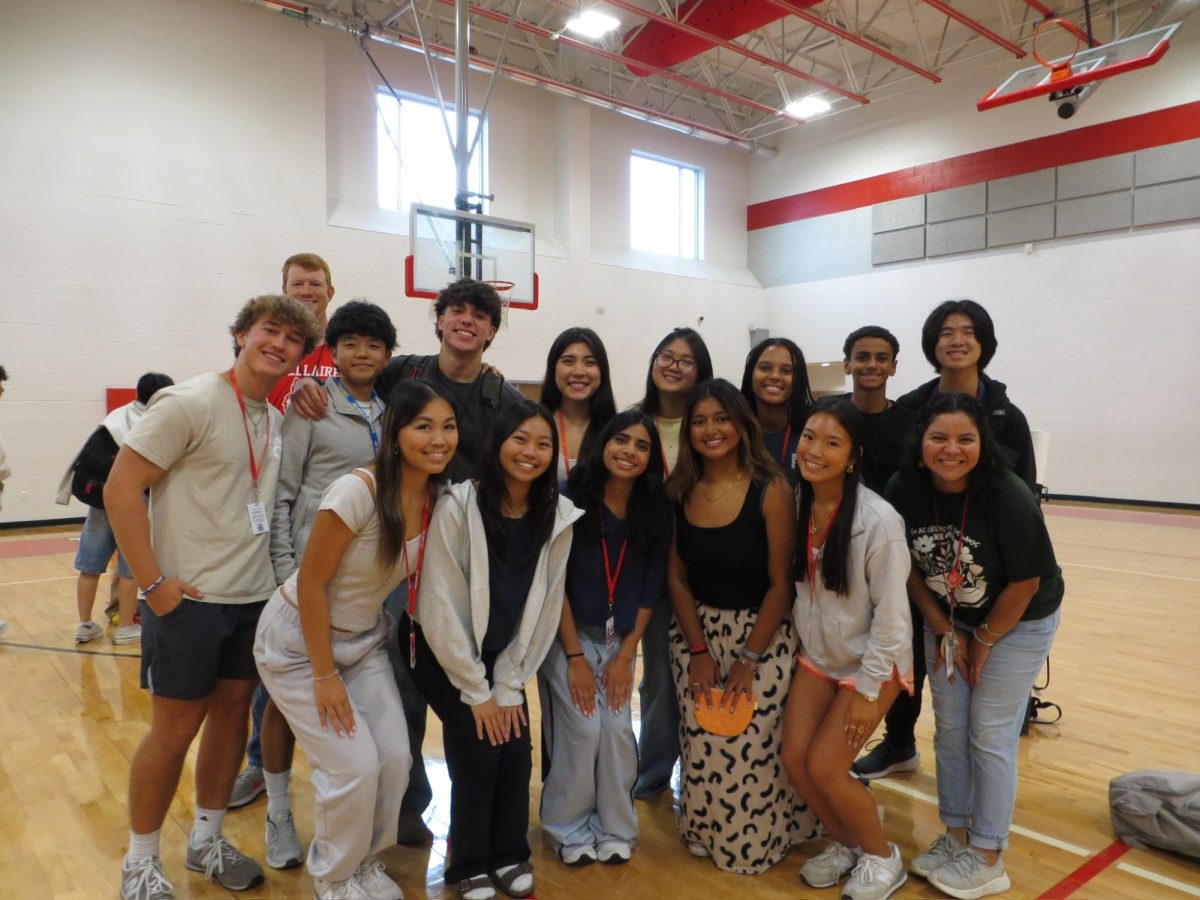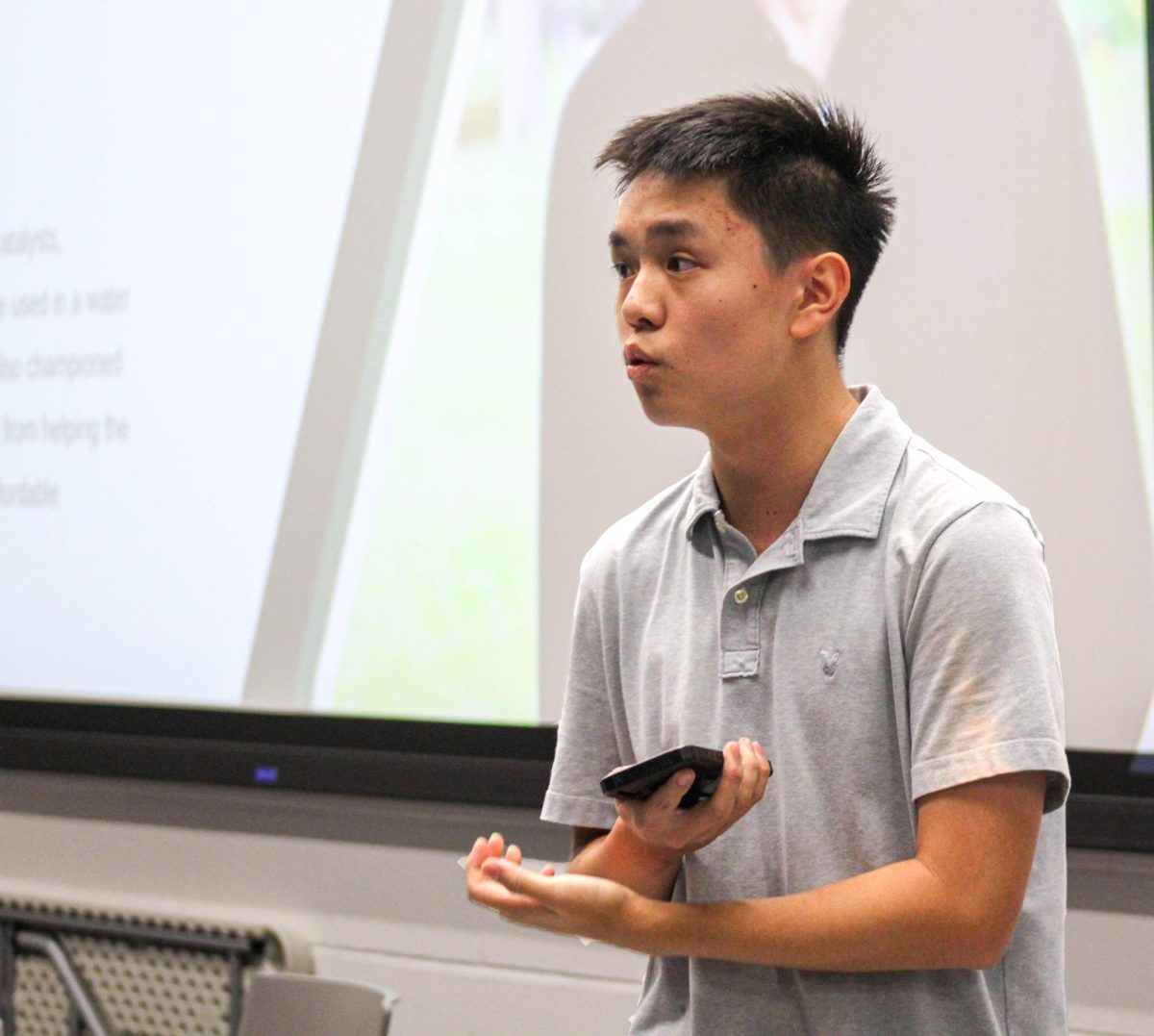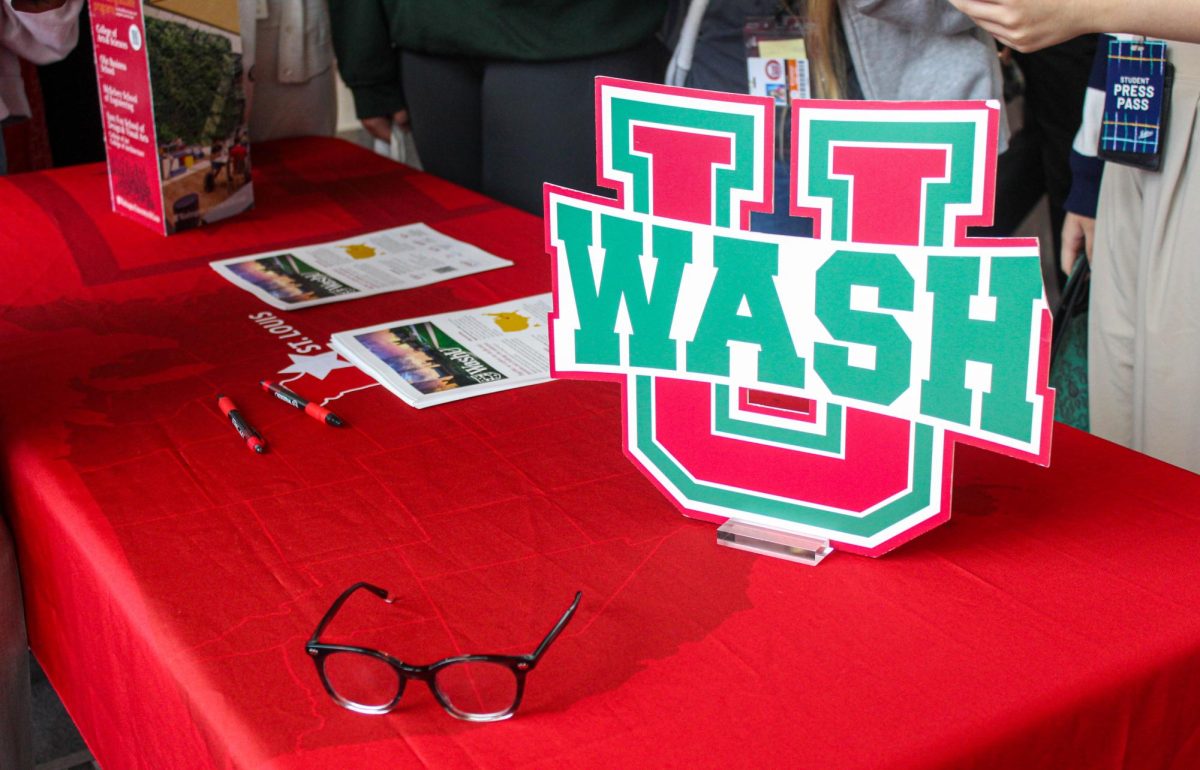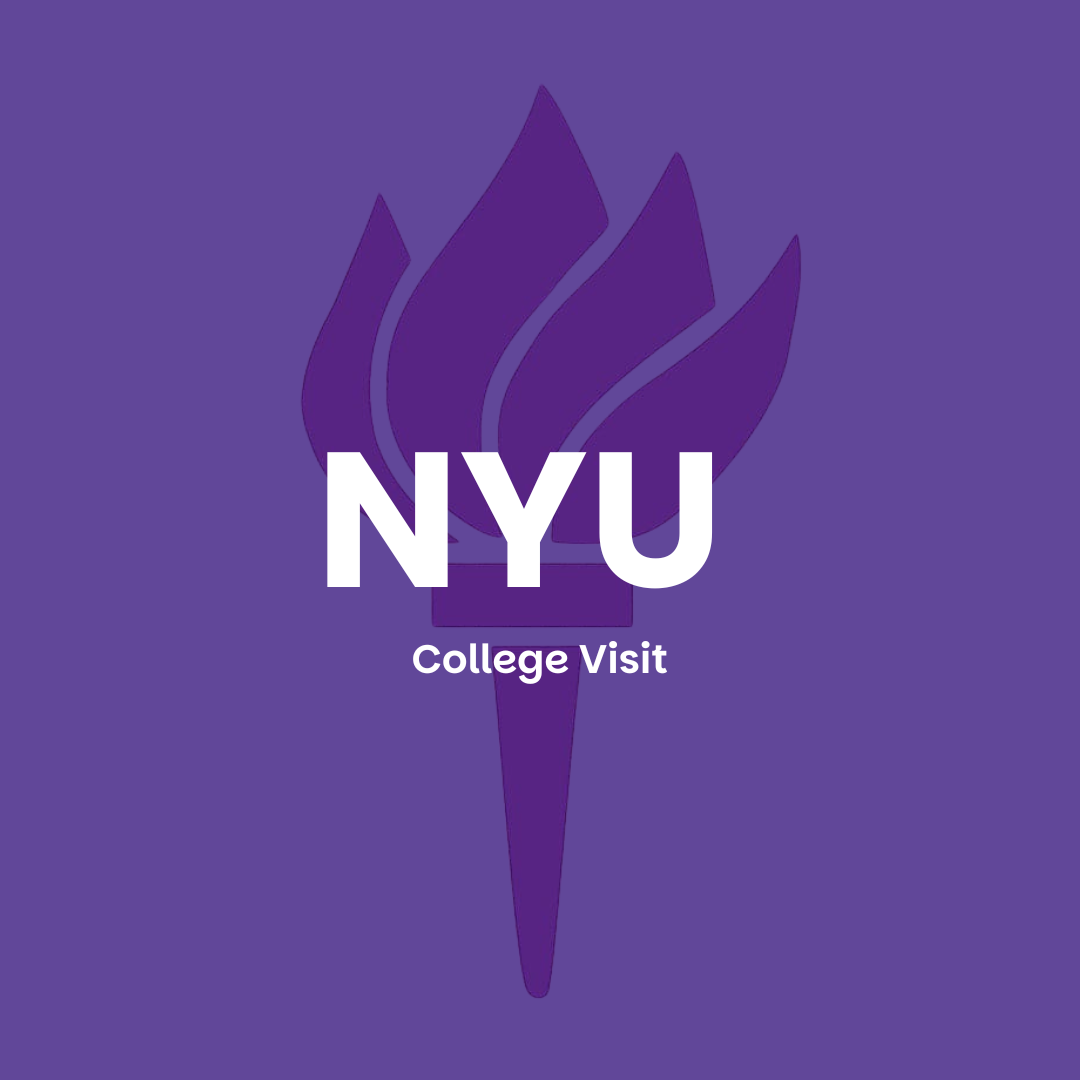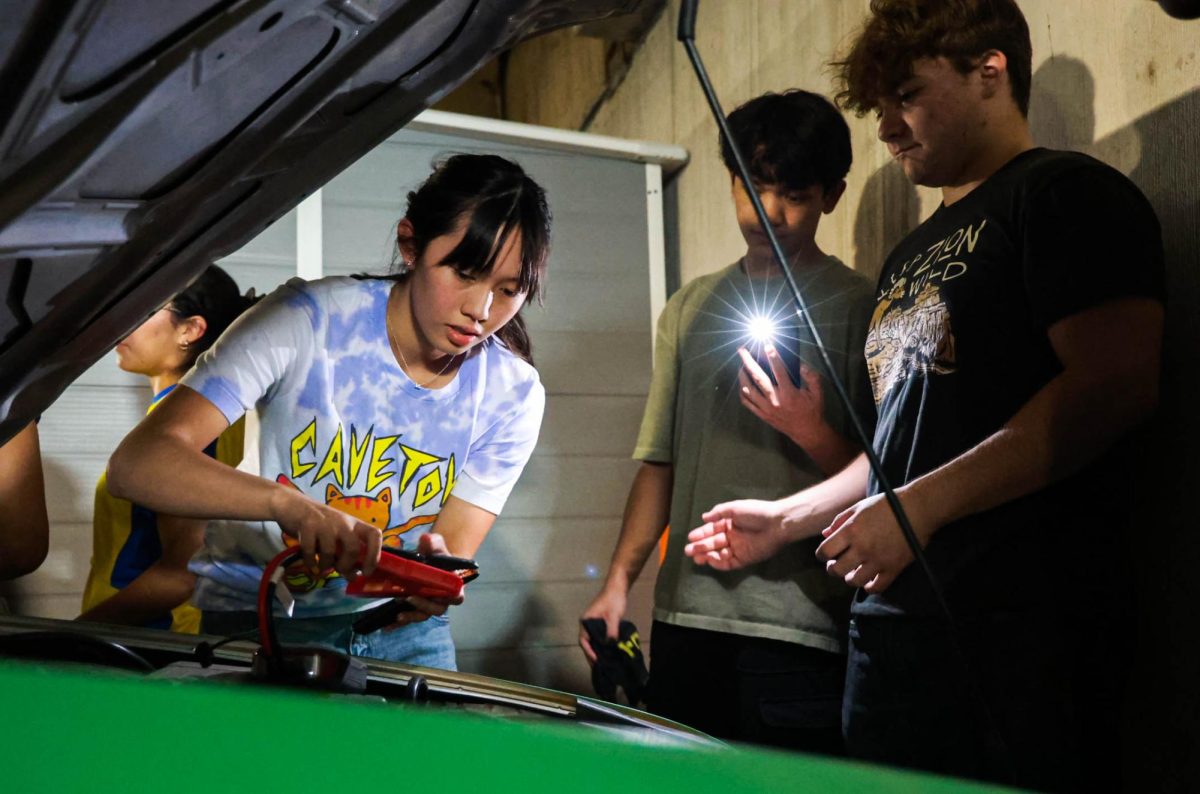Students in grades 9-11 will take the PSAT on Oct. 15 at Bellaire. Bellaire students are using different methods to prepare for it in the days leading up to the assessment.
The PSAT/NMSQT is a standardized test for math and english that serves as a practice for the SAT and is a way to qualify for the National Merit Scholarship program. The test has three versions: the PSAT 8/9 for 8th graders and freshmen, the PSAT 10 for sophomores, and the PSAT/NMSQT for juniors. Only the PSAT/NMSQT determines a student’s qualification for the National Merit program. Students only have one chance to take the PSAT/NMSQT.
Sophomore Olivia Koo said that she’s concerned her preparation for the PSAT 10 won’t be enough. Koo has been preparing for this year’s PSAT 10 since the summer with both online and paper practice tests.
“The time commitment is definitely [a major challenge],” Koo said. “I think some people are really good about sitting down and allotting a couple hours each day for preparation. I feel like sometimes I don’t have that time, or I just don’t have the organization to set aside time.”
As a sophomore, Koo has not yet taken the PSAT/NMSQT. Koo said she takes practice tests to prepare for both the underclassmen PSATs and the official PSAT/NMSQT that she will take in her junior year.
“I definitely think the PSATs for underclassmen are useful practice, but I know the PSAT is gonna be another level of difficulty,” Koo said. “I have to expect that.”
Freshman Liem Vora is focusing his attention on the English portion of the PSAT 8/9 test. Vora said he’s using vocab.com to study.
“I would say the PSAT is pretty important,” Vora said. “The PSAT will improve your chances of getting into a good college, and with college comes better jobs.”
Vora said he was dissatisfied with his performance on his 8th grade PSAT. He took the test last year with no preparation.
“I feel a lot more confident than last year,” Vora said. “Mainly now that I’m taking Algebra 2, and my English teacher is really good. They contribute to my confidence.”
Nearly all of the skills tested on the PSAT align with curriculum students are learning in their math and English classes. Studying doesn’t just help students prepare for the PSAT, but the classes they take in the future, according to Vora.
“Especially for AP classes, I think [the PSAT] will help me with those classes due to the difficulty of the test,” Vora said. “Also, because college is very expensive, it’s best to take it [for the scholarship].”
Junior Katherine Huang said she’s not preparing for the PSAT. Huang said she went into all three of her previous PSATs with no preparation and got “decently high” scores, with a 1430 in 9th grade and a 1340 in 10th grade.
“I don’t especially value the PSAT,” Huang said. “It doesn’t really affect your college admission as much. If I do well, and if I qualify for whatever scholarship, that’s great, but I’m not gonna go out of my way to prepare for it, especially since it’s the season for a lot of different extracurriculars. This isn’t on my number one priority list.”
However, the SAT is a different story for Huang. Huang said that she is waiting until February of next year to start in depth preparation for the March SAT.
“I’m definitely not [taking the same approach] for the SAT,” Huang said. “Because the SAT is more college-based, more colleges are coming back to SAT scores, so it’s definitely something.
Vora views the PSAT assessments as more of a checkpoint to the SAT rather than a method of National Merit qualification, despite the scholarship opportunities National Merit brings.
“I would say that the SAT is more important than the PSAT, because it’s a more accurate [assessment of your academic abilities], and it goes all the way to 1600,” Vora said. “My whole reason for taking the PSAT is to see where I’m at. I’m not really interested in [National Merit], but I do think it will help you on your resume.”
Senior Eliza Teo took the PSAT/NMSQT in October of her junior year and achieved a perfect score, a 1520. Teo took several SAT practice tests and used Princeton preparation books beforehand.
“My mom had been repeating the narrative of how I need to be valedictorian and get the national merit scholarship ever since I was in middle school,” Teo said. “It kind of just got into my head. Since she aided me in buying SAT books even when I didn’t ask early on, I think that really set me up and prepared me mentally. I knew that it was coming, and I prepared for it.”
Teo used resources such as College Board’s question bank and practice tests. Teo said College Board provides questions that are almost “verbatim” to the real test. But she said that preparation isn’t just about practice, but also about taking care of yourself.
“For me, I talk with my friends,” Teo said. “I have a good night’s sleep. Find what it’s best for you. Have a good breakfast. Have water, just talk with people around you in the testing center. I think that’s also a really good tactic to lower anxiety levels, because it helps get your mind out of the testing space.”
Teo said in depth preparation can get more than just a good test score. She said the work you put in alone has its own benefits.
“Your accomplishments do get a bit dimmed out because Bellaire produces so many [National Merit] finalists,” Teo said. “But I do think there is work in pushing yourself to do better on the PSAT, because that sets you up for the SAT. You should know that your final goal isn’t getting a really good score on the PSAT, because your ultimate goal is to apply to college.”
To learn more about any of the PSAT exams, you can check out College Board’s official website at collegeboard.org/psat-nmsqt.


